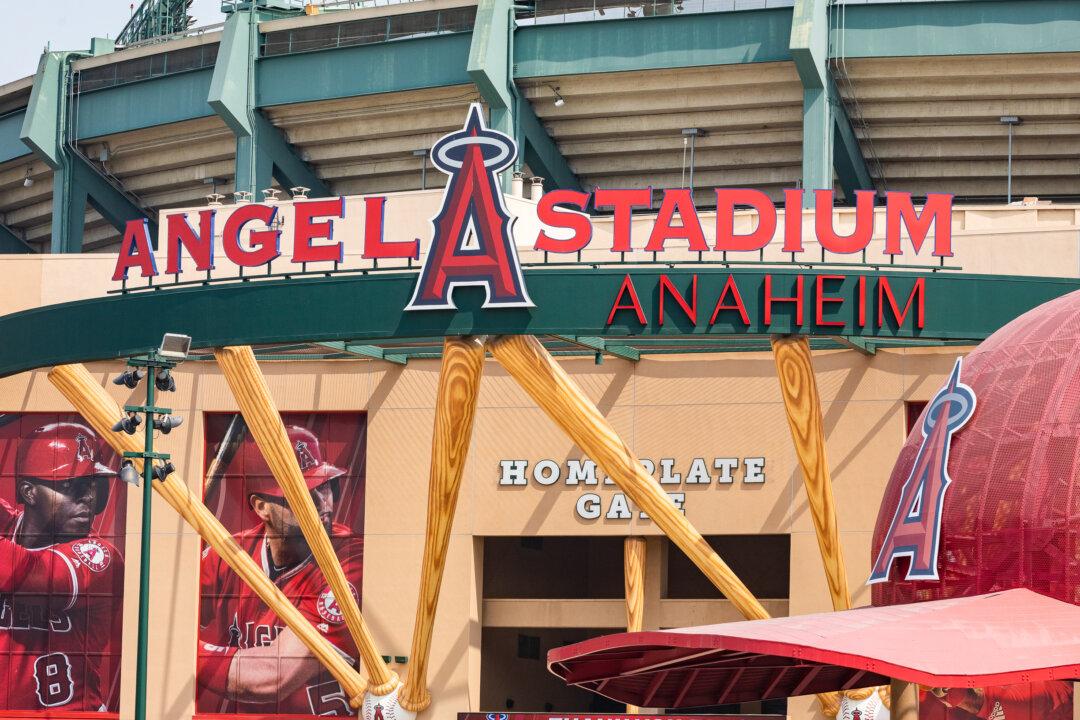ANAHEIM, Calif.—New legislation filed by California State Sen. Tom Umberg (D-Santa Ana) could create another hurdle for Anaheim’s sale of Angel Stadium.
Senate Bill (SB) 361 would prohibit the sale of a parcel of land if it is not in compliance with the state’s Surplus Land Act, a law that requires all public land sales and leases to prioritize low-income housing.





